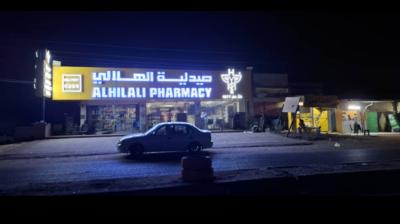Institutionalizing the pro-democracy movements: the case of Zambia's movement for multiparty democracy
In this contribution the challenges of political opposition is addressed through a focus on the problems of institutionalizing parties and party systems in sub-Saharan Africa. Challenges of party institutionalization in a context of political and economic liberalization, where external international donors have become an active part of these political processes, are illustrated through a case study of Zambia. Zambia is chosen as a case because it in many ways presents a `best-case scenario' for democratic consolidation in sub-Saharan Africa. The political transition in 1991 saw a new party coming to power as the Movement for Multiparty Democracy (MMD) won the parliamentary elections with a large majority over the former one-party rule of the United Independence Party (UNIP). The electoral success of Zambia's pro-democracy movement was in part explained by its ties to civil society, most notably, the Zambian Congress of Trade Unions. The contribution will show that the combined effects of political and economic liberalization, and the political role played by external financial actors in these processes, have hindered the institutionalization of political parties in Zambia. The limited institutionalization, witnessed by weak ties to civil society, a limited membership and shallow organizational structures, provides a partial explanation for the executive dominance that has characterized Zambian politics after the 1991 democratic transitions.
https://doi.org/10.1080/13510347.2011.603469


![Engasjert antropologi i turbulente tider [Engaged Anthropology in Turbulent Times].](http://www.cmi.no/img/400/19475-Screenshot-2025-12-25-at-180604.png)
![Å holde flammen tent: Engasjert antropologi i mørke tider [Tending the flame: Engaged anthropology in dark times]](http://www.cmi.no/img/400/19474-Screenshot-2025-12-25-at-175845.png)
![Ti år med flyktningkriser og folkerettsbrudd i Europa (2015–2025): Kunne EU og Norge ha svart annerledes? [A Decade of Refugee Crises and Violations of International Law in Europe (2015-2025) – Could the EU and Norway Have Responded Differently?]](http://www.cmi.no/img/400/19473-Screenshot-2025-12-25-at-173706.png)



